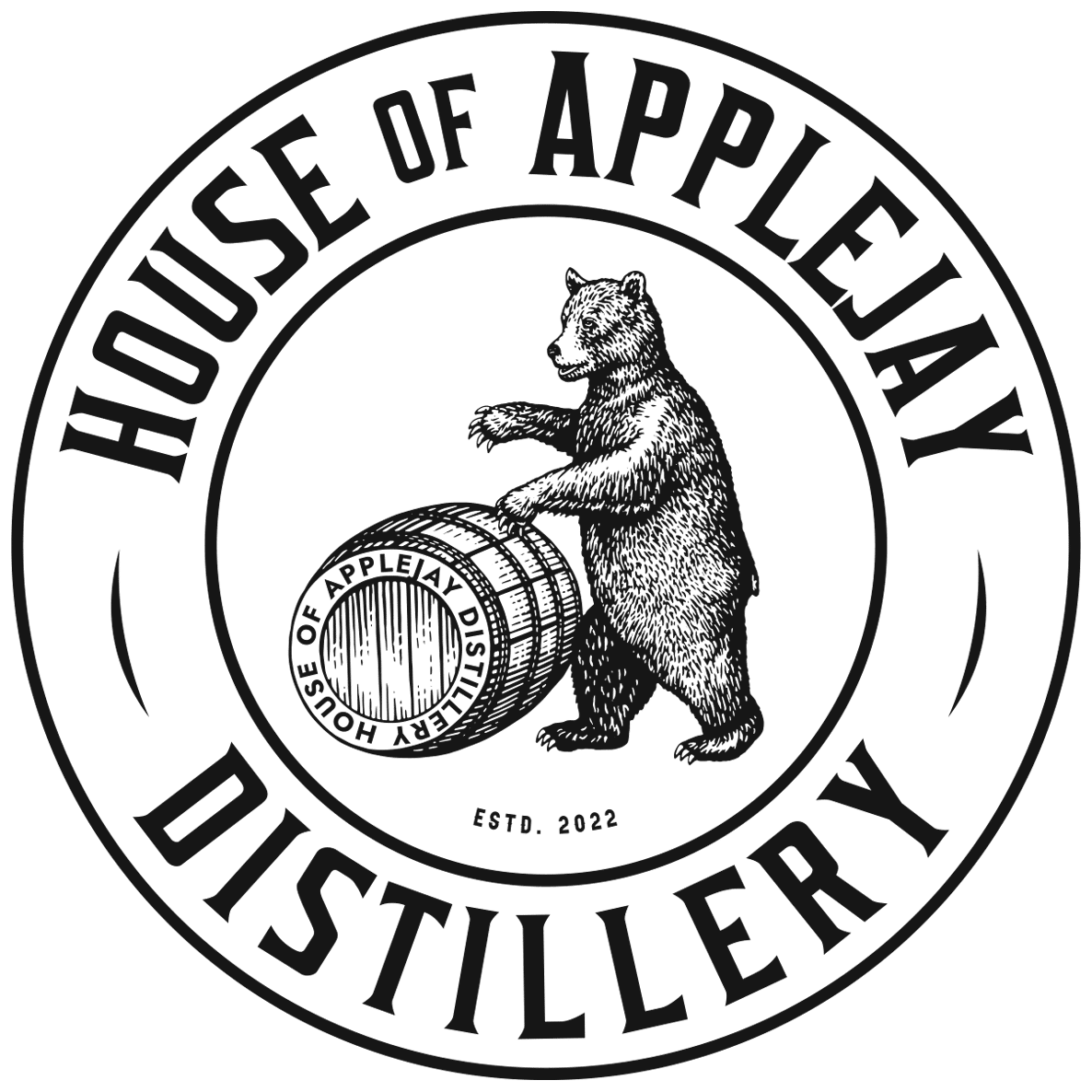The Vodka War
A Spirited Battle Over Vodka Heritage
In 1977, an unlikely cultural conflict broke out between two nations deeply intertwined with the history of vodka: Poland and Russia. This “vodka war” wasn’t fought with armies or on battlefields, but in diplomatic halls and cultural debates, as both countries vied for the honor of being recognized as the birthplace of the beloved spirit. The dispute grew so intense that UNESCO was nearly drawn in to adjudicate. Ultimately, both countries reached a truce, agreeing to share vodka as part of their cultural heritage.
Vodka, a clear and versatile spirit, carries a history as rich and contested as the nations that claim its origins. Poland and Russia, with their deeply rooted distillation traditions, assert significant contributions to the creation and refinement of this globally cherished drink.
Poland: Vodka’s Flavorful Beginnings
Poland traces vodka’s earliest origins to 1405, as recorded in the Akta Grodzkie (court records) from the Sandomierz region, which mentioned “vodka” in the context of medicinal and cosmetic uses. Known then as gorzałka (“burning water”), early Polish vodka was primarily valued for its purported health benefits.
By the 15th century, vodka had become a central part of Polish society, consumed by nobles and peasants alike. Distillers elevated vodka-making to an art, pioneering the infusion of fruits, herbs, and spices to create flavored vodkas. These innovations established Poland as a leader in developing vodka’s versatility and character. The drink’s production was closely tied to Poland’s agricultural economy, particularly rye and potato cultivation, which remain staples of Polish vodka today.
Russia: Vodka as National Identity
In Russia, vodka’s story begins in the late 14th century, when Genoese ambassadors introduced aqua vitae (“water of life”) to Moscow in 1386, presenting it to Dmitry Donskoy, the Grand Prince of Moscow. This distilled grape spirit, known as the “spirit of wine” (spiritus vini), laid the foundation for vodka’s later development. The Russian word vodka, derived from voda (“water”), symbolizes the spirit’s cultural and practical centrality to Russian life.
By 1430, monk Isidore of the Chudov Monastery in Moscow revolutionized vodka production by developing a recipe for a grain-based spirit, known as “bread wine.” His advanced distillation techniques ensured its purity and quality. Initially produced exclusively in the Moscow Grand Principality, vodka became a symbol of the region, with its production closely monitored and controlled. In 1474, Ivan III established the first Russian state monopoly on vodka, linking the spirit to state governance and revenue.
Russian vodka began its international journey in 1505 when the first exports arrived in Sweden. Despite vodka’s widespread cultural significance, the term vodka did not appear in print until the 1860s, even though it was likely used in popular speech centuries earlier.
The UNESCO Dispute
The modern rivalry between Poland and Russia over vodka’s origins escalated into a cultural and diplomatic dispute. Poland sought UNESCO recognition for vodka as part of its national heritage, emphasizing its historical mentions in the Akta Grodzkie and its tradition of flavored innovations. Russia countered with its 15th-century advancements under Isidore and Ivan III’s state monopoly, asserting vodka’s integral role in Russian culture.
UNESCO was called upon to arbitrate but declined to intervene, emphasizing the complexity of cultural heritage disputes. The absence of a definitive ruling left both nations to champion their claims independently, fueling debates in cultural and economic arenas. This contention underscored vodka’s role not just as a beverage but as a symbol of national pride and identity.
Economic and Cultural Dimensions
The debate over vodka’s origins extended into economic concerns, particularly in the 21st century, when grape-based vodkas gained popularity, particularly in the United States. Traditional producers in the Vodka Belt countries—Poland, Finland, Estonia, Lithuania, and Sweden—campaigned for European Union legislation to define vodka as a spirit made only from grain or potatoes. This effort was intended to preserve vodka’s traditional identity and counter the growing market for non-traditional variants.
A Shared Legacy
Despite their rivalry, Poland and Russia share a profound connection to vodka’s history. Poland’s creativity with flavored vodkas and Russia’s dedication to purity represent complementary traditions that have shaped vodka’s global identity. Ultimately, both nations were recognized as integral to vodka’s development, reflecting the intertwined histories of these Eastern European neighbors.
This shared legacy celebrates vodka as a cultural treasure, with its roots deeply embedded in both nations. While their methods and approaches differ, Poland and Russia have together contributed to vodka’s rise as a global symbol of quality, innovation, and heritage.
Lessons from the Vodka War
The “vodka war” illustrates the profound link between cultural heritage and national identity. For Poland and Russia, vodka is more than a beverage; it is a reflection of their history, resilience, and ingenuity. UNESCO’s refusal to mediate the dispute highlights the complexities of cultural ownership, leaving the story of vodka’s origins open to interpretation and shared celebration.
Today, vodka’s story continues to inspire, uniting traditions of flavor and purity. Whether toasting with a glass of Polish gorzałka or Russian “bread wine,” vodka remains a testament to the creativity and heritage of Eastern Europe—best appreciated with a toast in its honor.
House Of Applejay and the Vodka Tradition
House of Applejay honors the rich vodka traditions of Poland and Russia with its Mt Grassy Knob Sweet Grass Naturally Flavored Vodka. This exceptional spirit combines Poland’s innovative approach to flavor-infused vodkas with Russia’s mastery of precision distillation. Infused with all natural essence, House of Applejay creates a wheat-based vodka that blends heritage with a distinctly Southern touch. Where the Spirit of the Ellijays meets time-honored tradition and modern craftsmanship, Mt Grassy Knob recently earned a silver medal at the prestigious 2024 New York World Spirits Competition, cementing its excellence. Proudly crafted in the USA, it’s a true tribute to both tradition and craftsmanship.
The Distilling Culture
BLOG
Embark on a global journey, and you’ll find that cultures possess tales that harken back to their ancient beginnings of distillation, brewing, and winemaking.
info@houseofapplejay.com
67 Fowler St, Bldg B, East Ellijay, GA 30540

